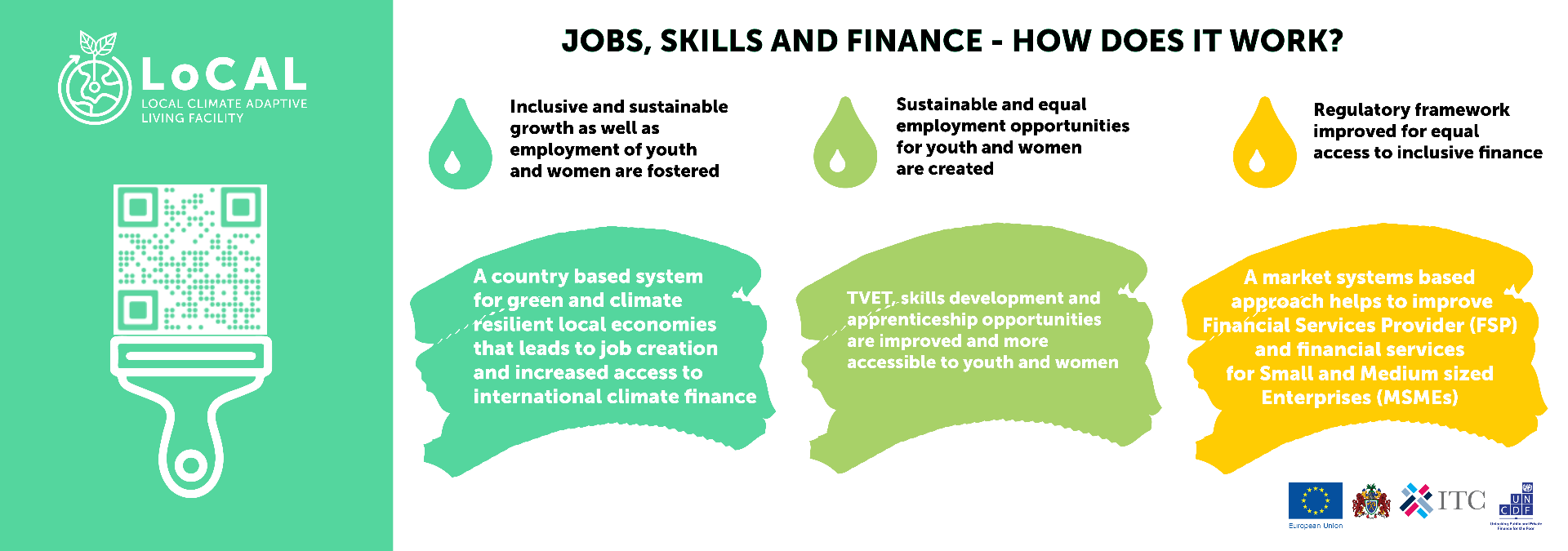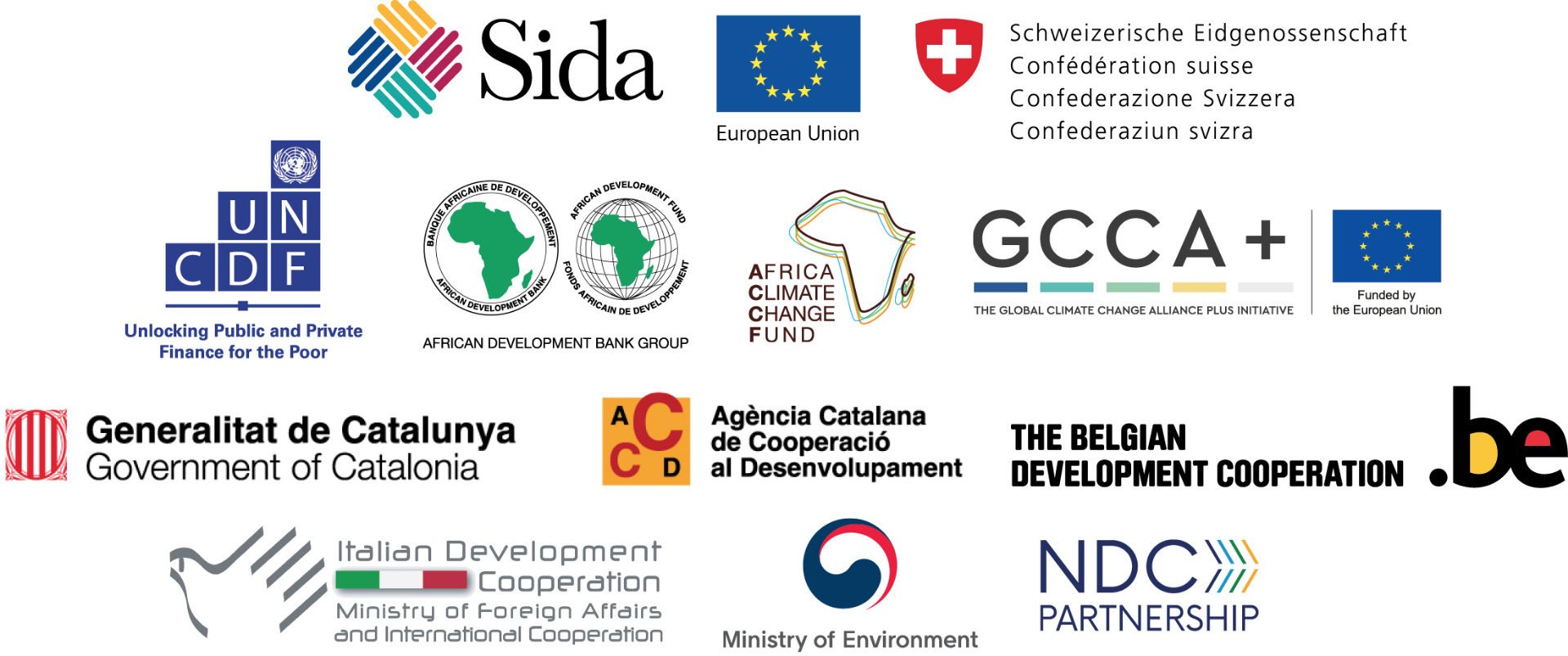National Response
The Gambia’s fragile economic and social profile makes it particularly vulnerable to a number of potential shocks, including climate change and weather extremes. In 2014/2015, the double shock of drought and the Ebola scare led to rising food insecurity rates and increasing migration to urban areas or overseas, particularly Europe. An estimated 57 per cent of the Gambian population now live in the urban areas. The Gambia needs support in paradigm change and the creation of efficient democratic institutions. Job creation and social inclusion are key to ensuring this goal.
The country’s intended nationally determined contributions outline key adaptation measures for transitioning to a low-carbon, resilient development pathway, including fiscal policy, public investments to green key sectors (agriculture, energy, water resources, waste management, etc.) and employing new market-based instruments. The Gambia is in a phase of rapid transition and needs support in paradigm change and the creation of efficient democratic institutions. Job creation and social inclusion are key to ensuring this goal.
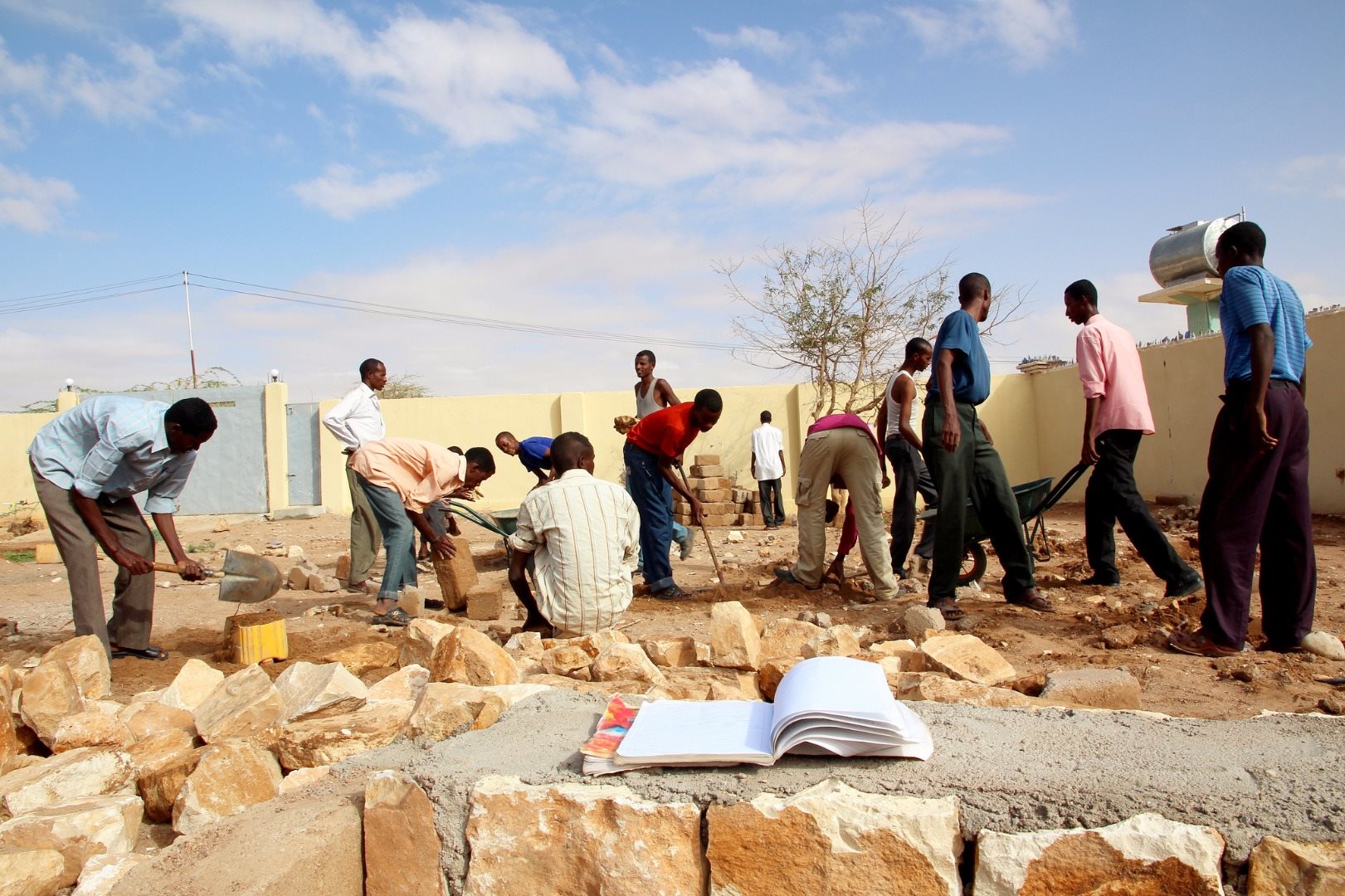










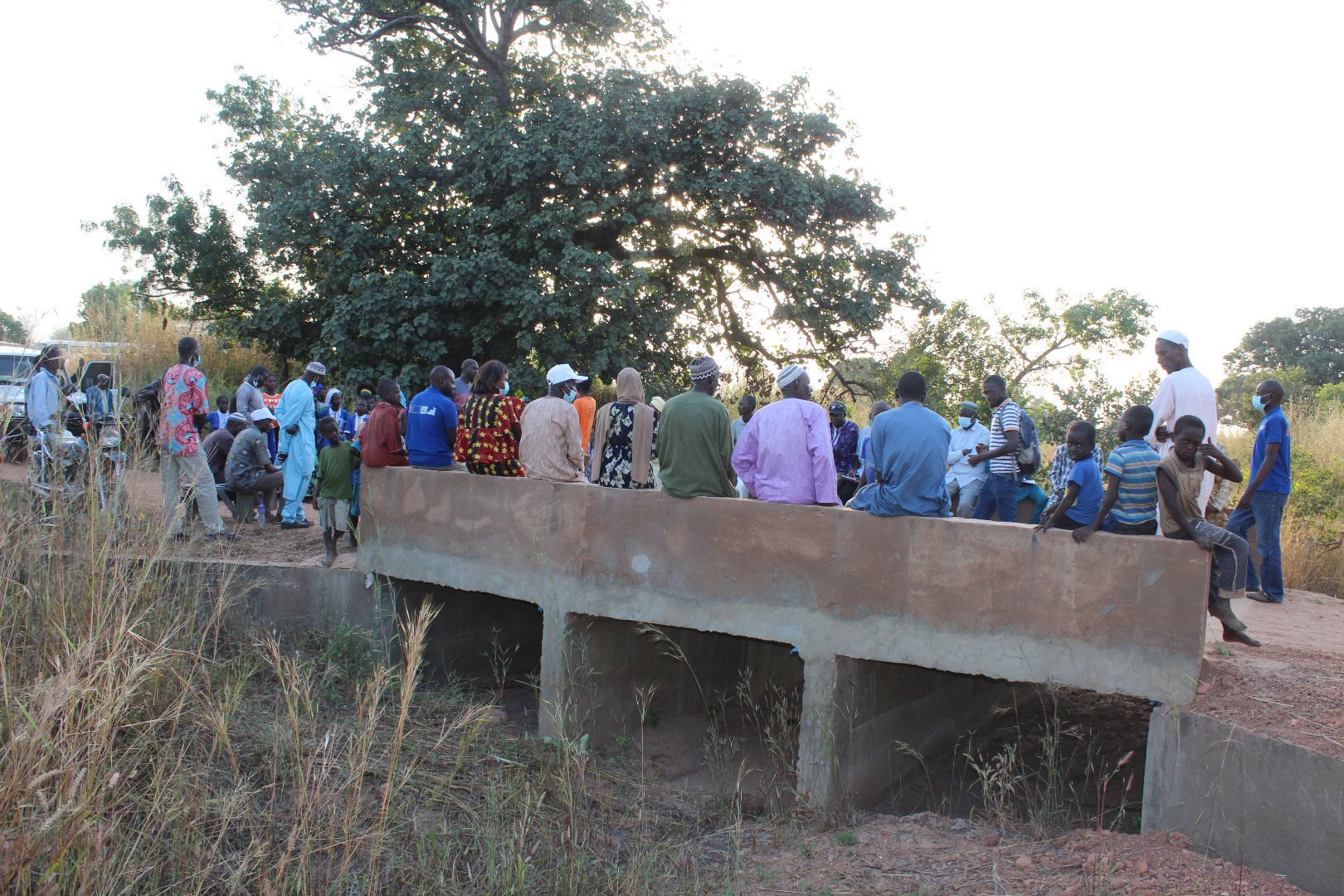
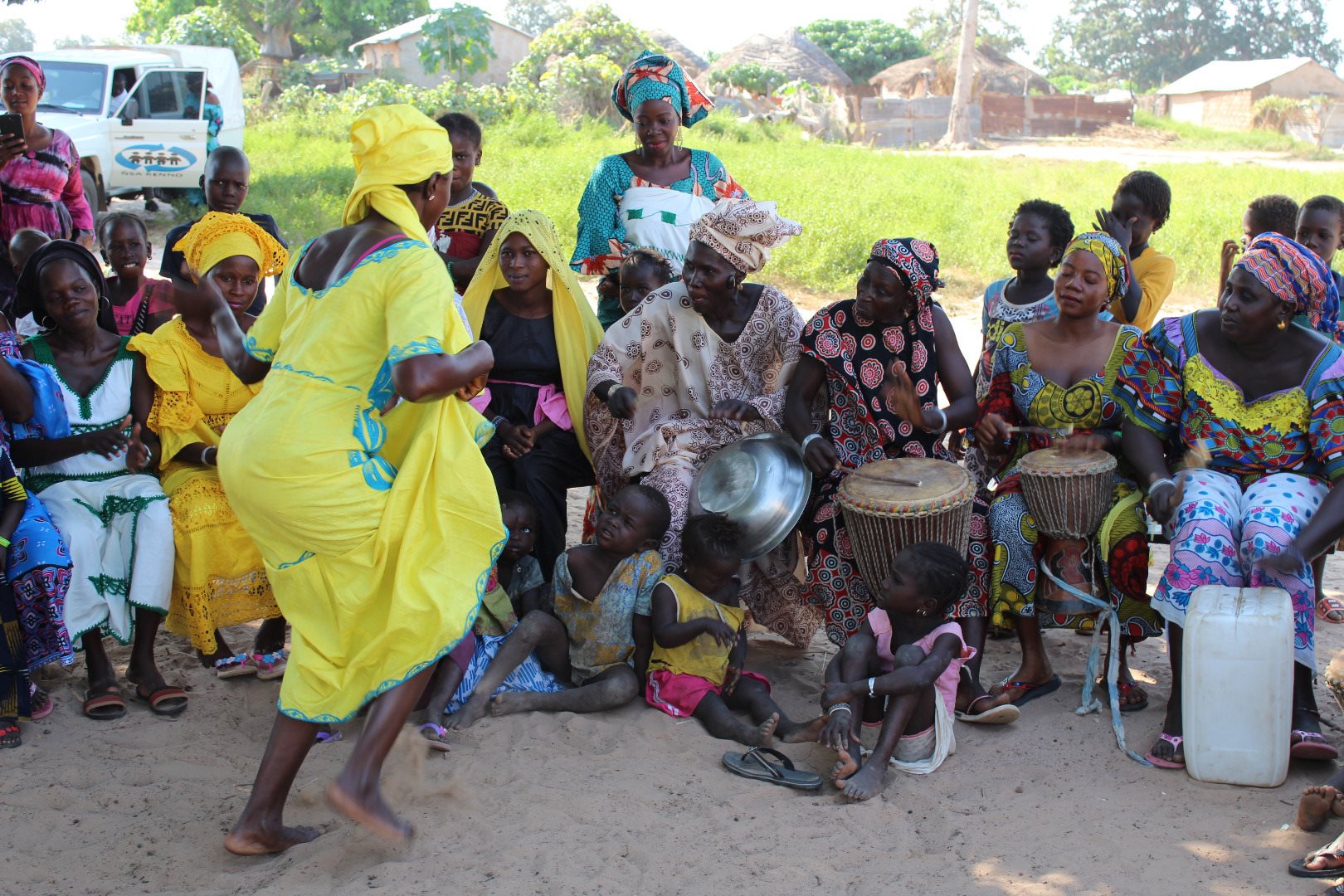 A dance is organised in the community during the evaluation and appraisal mission of the JSF Programme in The Gambia ©UNCDF/LoCAL 2019
A dance is organised in the community during the evaluation and appraisal mission of the JSF Programme in The Gambia ©UNCDF/LoCAL 2019